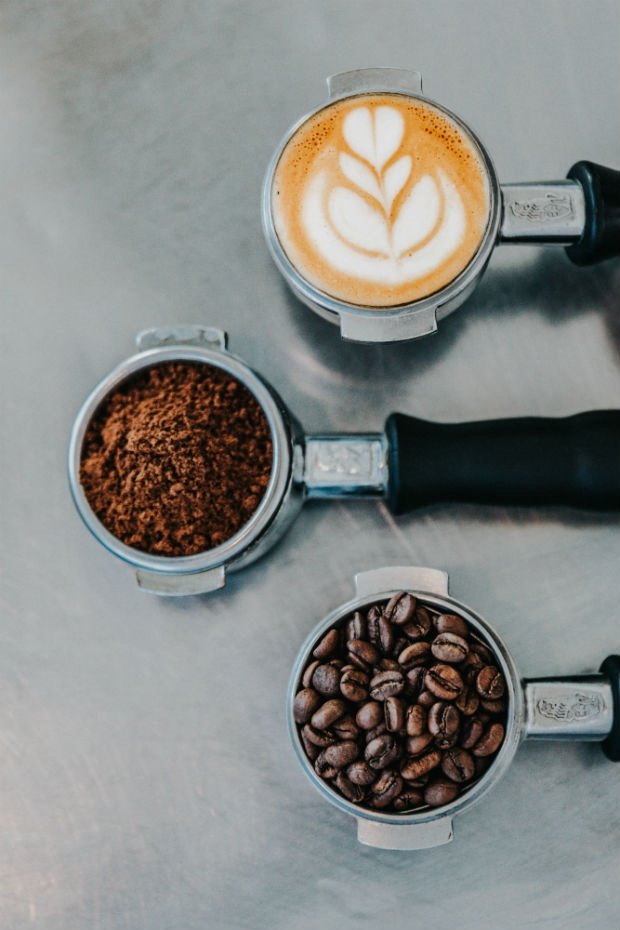In the competition for most-hated professional that we can’t live without, baristas are right up there with lawyers and SARS employees. It’s not that we don’t all enjoy having coffee made for us. We just object to being made to feel dumb every time we try to order our no-foam-skinny-almond-milk-matcha-cortado. Or whatever. What if we use the wrong words, and order something silly? The stress is real.
But seeing as baristas aren’t going anywhere and we’ll continue needing our daily coffee hit, we’ve compiled a few hipster coffee terms that you can drop in 2020 to have your barista eating out of your palm.
Alt-milk
A category, not a dairy drink for indie-rockers. What once was “soy or almond” has grown to include lactose-free, macadamia, almond, coconut, oat and rice milks. Dairy alternatives have officially birthed their own genre, with the list constantly growing. This year, there’s local excitement about international industry leader Oatly bringing its oat milk to our shores, as well Vida e Caffè founder Rui Esteves launching a local version of the same thing.
Cultivar
When your barista promises you that their coffee is 100% Arabica, it’s a little like a sommelier promising you that their wines are 100% made from grapes. It’s nice to know, but not very specific. When ordering wine, we use names of grape cultivars like merlot, chenin blanc or cabernet sauvignon to express specific flavour preferences. Coffee has cultivars, too, and it’s worth knowing a few of the more sought-after types. Typica, Bourbon, Pacamaras, SL-28 and SL-34 are all cultivars known for their incredibly high cup quality.
Single cultivar coffees are becoming more and more popular in specialty coffee cafés, so don’t be afraid to ask for these.
Geisha
The geisha cultivar is probably the most sought-after coffee on the planet right now, even more so than Kopi Luwak. Geisha coffee first started making waves in 2004 when a Panamanian coffee farmer called Price Peterson set an auction price record for some geisha coffee from his farm, Hacienda La Esmeralda. The wave of geisha mania has been growing slowly ever since. In 2017, some Panamanian geisha coffee was auctioned off for over $5000 per kilogram.
Natural coffee
Not the same as organic. Coffee starts out as a cherry (about the size and shape of an olive). Usually coffee producers will remove the fruit and keep the seed, which contains two coffee beans (the part that coffee-lovers are interested in). Sometimes farmers will choose to dry the coffee cherries with fruit still on the seed. The end result is coffee that tastes like plums, cherries, chocolate, rainbows and unicorns. This is called natural coffee, and if you’ve never had it before, then 2020 is the year to do so.
Specialty coffee
Specialty coffee is a strictly technical term with a technical definition. It refers to any coffee that scores over 80 out of 100 points on the Q system (a system used to compare coffees based on a certain set of characteristics). This means that coffee is either specialty or it’s not. There is no grey area.
You should expect to pay more per cup for specialty coffee but, for the most part, it should be worth it. An informed specialty café should be charging from R30 (and upwards) for a specialty coffee flat white, or Americano, simply because these high-quality coffees cost so much more to produce.
Despite what some big coffee chains may want you to believe, specialty coffee isn’t a synonym for lekker coffee. If your baristas cannot tell you definitively whether or not their coffee has scored 80 points or more, it’s probably not specialty coffee.

